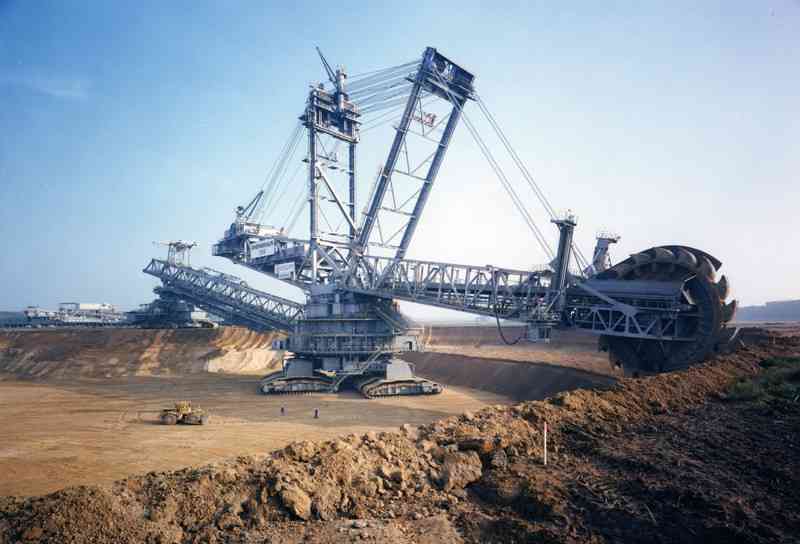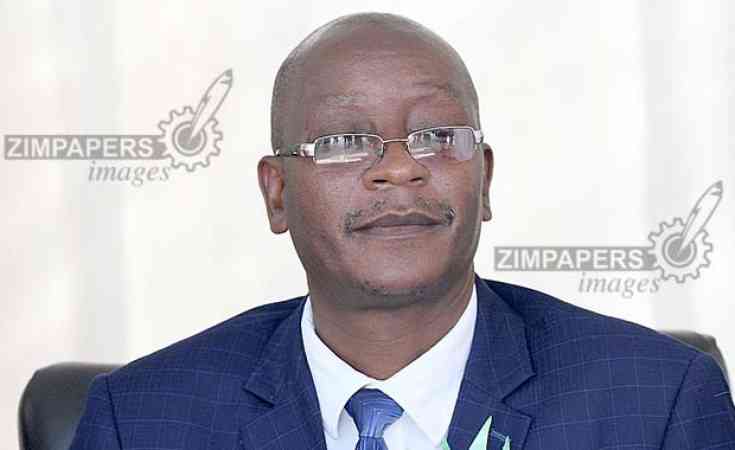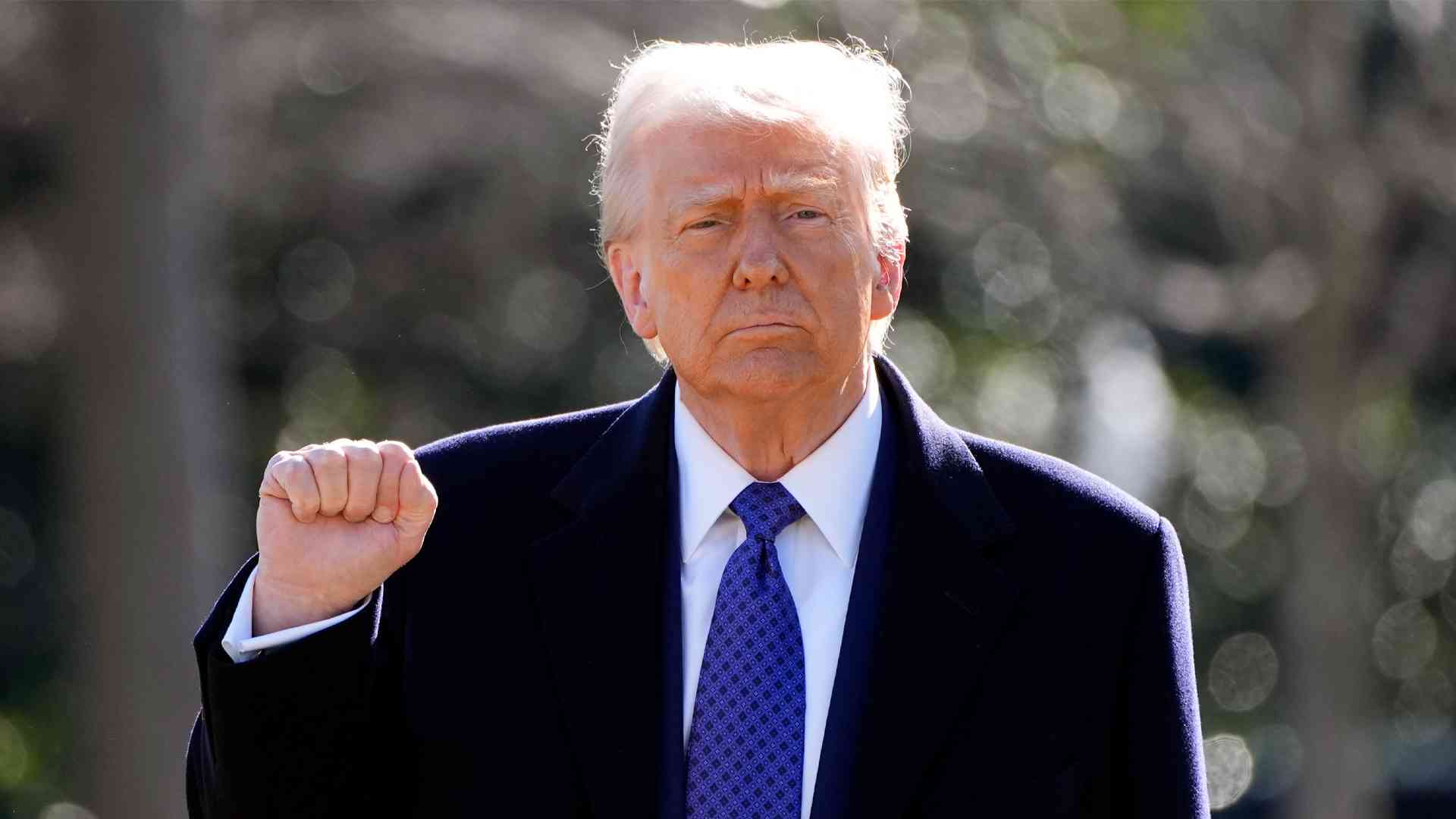
It is a story we have seen before — dressed in new robes but reeking of the same rot. The looting machine has simply recalibrated.
Quoting a Reserve Bank of Zimbabwe (RBZ) report, our front page last week laid bare what many already suspected: the plunder is no longer confined to minerals. It has metastasised into real estate and car dealerships, where millions of United States dollars change hands in murky transactions.
We are now told rampant illicit financial flows (IFFs) are also wreaking havoc in hair salons and barber shops, reportedly funnelled by the same suspects.
It is no wonder some of those running these small enterprises live in affluence, while the hardworking majority struggle for everything. But behind these IFFs lies a more sinister reality. It is the usual suspects — the ruling elite and their cronies — feeding again from the carcass of a ruined nation.
Real estate has become the new minefield for money laundering. The same people who drained the diamond fields now dump unexplained fortunes into Harare’s concrete jungles, snapping up properties in US dollar cash with zero traceability.
They don’t fear consequences. Why should they? They write the laws, run the oversight bodies, and appoint their cousins and college mates to police them. Zimbabwe’s anti-money laundering framework is a polite joke in elite circles — a checklist waved for international optics, never enforced where it matters most.
The RBZ’s 2024 Financial Stability Report confirms the regulatory blind spots in real estate and the auto sectors. Laxity is enabling industrial scale looting to flourish. But this is not a regulatory accident — it is deliberate. It is policy by omission. You don’t bite the hand that feeds you if you are feasting from the same pot.
Zanu PF’s long-running patronage economy has grown from cancerous to catastrophic. Conflict of interest laws are non-existent. Declarations of assets are a laughable suggestion.
- Rampaging inflation hits Old Mutual . . . giant slips to $9 billion loss after tax
- Monetary measures spur exchange rate stability: RBZ
- Zim deploys IMF windfall to horticulture
- Banker demands $21m from land developer
Keep Reading
Accountability exists only for the small fish. Meanwhile, sons and daughters of the politically-connected flaunt luxury cars, foreign degrees, and mansions — while the majority roast in economic hell.
Smuggling has become a parallel economy. According to the Zimbabwe National Chamber of Commerce, US$2,2 billion leaks every year through smuggling — enough to resuscitate entire industries and restore livelihoods.
But again — who controls the smuggling syndicates? Who turns a blind eye at the border posts? Who owns the logistics companies and buses used in these shady cross-border runs? It is not the vendor in Mbare. It is not the small-scale farmer. It is the untouchables — protected by immunity wrapped in patriotism.
The same hands behind the looting of gold and diamonds are now laundering fortunes through car yards and property deeds.
Yet no one ever gets arrested. No one is forced to explain the origin of sudden wealth. Instead, they are recycled from ministry to parastatal, like chairs in a mafia boardroom.
Zimra’s drones and anti-smuggling blitzes are cosmetic — barking at the tail end of a beast whose head is protected. You can’t clean the floor while the roof is still leaking. The corruption is systemic, rooted in the highest offices, and disguised under the nationalist slogans of “empowerment” and “sovereignty”.
Let us be clear: this is no longer about a few bad apples. It is a heist by design — a captured state, run like a cartel, where economic policy is not designed to uplift citizens but to preserve elite privilege. Empowerment in Zimbabwe has become synonymous with enrichment for the few, sanctioned by silence and protected by opacity.
No wonder real estate, once a measure of national wealth, has now become a vault for stolen cash. It explains why every crooked deal ends in a deed of title, why property developers prosper while taxpayers drown, and why, even with clear warnings from the RBZ, there is no urgency to plug the holes.
After all, you don’t close a loophole that feeds your family trust.











